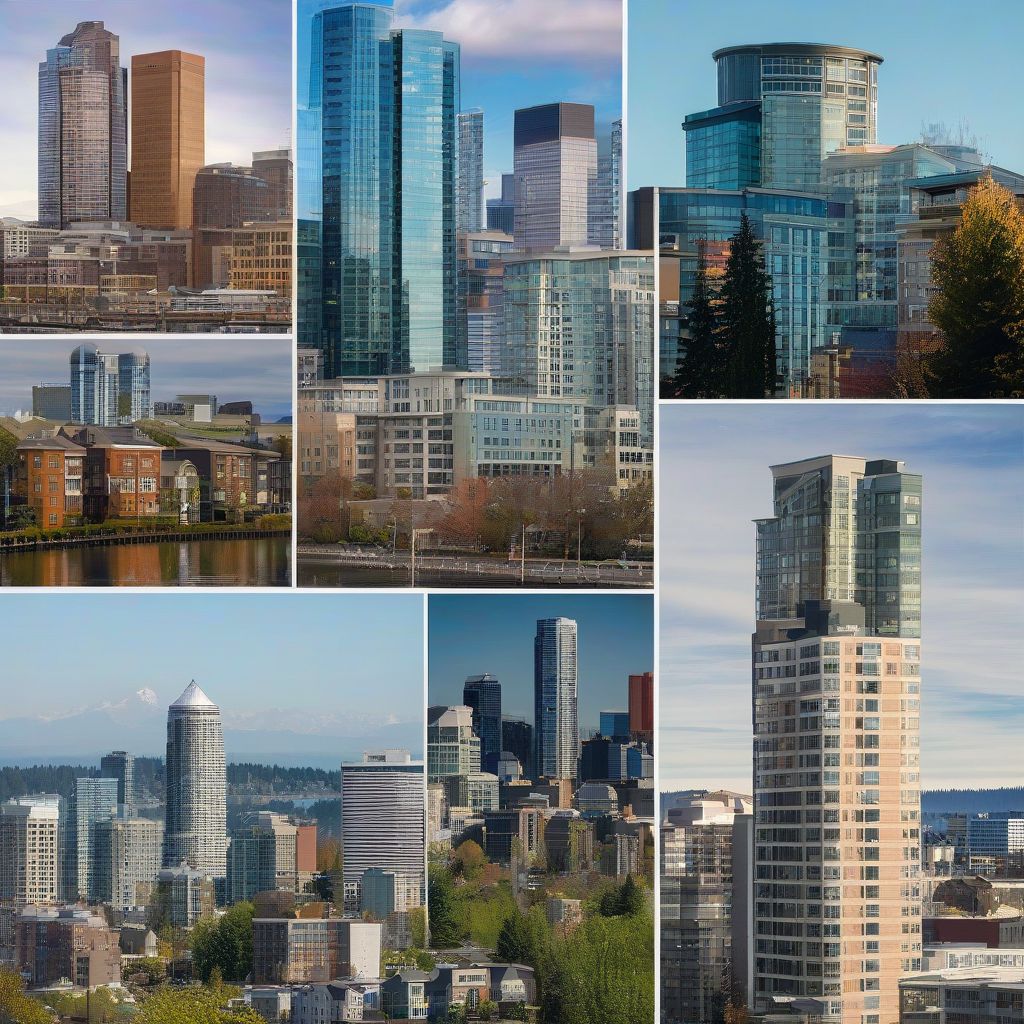Understanding 1031 Exchanges in Washington State

Imagine selling a prime piece of commercial real estate in Seattle, only to be hit with a hefty capital gains tax bill. Sounds daunting, right? That’s where the magic of a 1031 exchange, also known as a “like-kind exchange,” comes into play. This powerful tax-deferral strategy, named after Section 1031 of the Internal Revenue Code, allows investors to swap certain types of property and potentially defer paying capital gains taxes. While applicable nationwide, navigating the nuances of a 1031 exchange in Washington state requires a firm grasp of specific regulations. Let’s dive into the details.
What Exactly is a 1031 Exchange in Washington?
In essence, a 1031 exchange allows you to sell an investment property and reinvest the proceeds into a similar “like-kind” property, all while potentially postponing capital gains taxes. This means you can keep more of your hard-earned profits working for you, potentially boosting your long-term wealth-building strategy.
But what constitutes “like-kind” property? The IRS definition is broader than you might think. It doesn’t have to be an identical property, just one of the same nature or character, held for investment or productive use in a trade or business. For instance, you could exchange:
- An apartment building in Seattle for raw land zoned for development in Spokane.
- A retail center in Tacoma for an industrial warehouse in Everett.
- Timberland in Olympia for a multifamily property in Bellingham.
The key is that both the relinquished (sold) and replacement (acquired) properties must be held for investment or business purposes. Your primary residence or properties held primarily for sale don’t qualify.
Common Questions About 1031 Exchanges in Washington State
Navigating the complexities of a 1031 exchange can feel overwhelming. Let’s address some common questions that often arise in the context of Washington state:
1. What are the time limits involved in a 1031 exchange?
Timing is critical in a 1031 exchange. You have 45 days from the sale of your relinquished property to identify potential replacement properties. This identification must be in writing and delivered to a qualified intermediary. You then have 180 days from the sale date (or the due date of your tax return, whichever comes first) to close on the replacement property.
2. What is a qualified intermediary (QI) and why are they essential?
A qualified intermediary is a crucial player in a 1031 exchange. This independent third party facilitates the exchange, holds the proceeds from the sale of your relinquished property, and helps ensure you meet all IRS requirements. It’s illegal to act as your own QI.
3. Does Washington state offer any specific 1031 exchange benefits?
While Washington doesn’t have a separate state-level 1031 exchange program, it does conform to the federal regulations, meaning you can benefit from the federal tax deferral. However, Washington does impose a Real Estate Excise Tax (REET) on property sales. While a 1031 exchange can defer federal capital gains, it typically doesn’t exempt you from REET liability.
4. What happens if I don’t reinvest the entire proceeds from the sale?
If you don’t reinvest the full amount, any remaining funds are considered “boot” and are taxable as capital gains in the year of the exchange.
Essential Considerations for a Successful 1031 Exchange
-
Seek Expert Guidance: Consulting with a qualified real estate agent, tax advisor, and attorney experienced in 1031 exchanges is paramount. They can guide you through the intricacies of the process and help you avoid costly pitfalls.
-
Thorough Due Diligence: Just like any real estate investment, conducting comprehensive due diligence on potential replacement properties is vital. Evaluate the property’s condition, location, potential for income generation, and overall investment potential.
-
Market Awareness: Understanding the current real estate market dynamics in Washington is crucial for identifying suitable replacement properties within the tight deadlines.
yeucaymongbo.site/wp-content/uploads/2024/08/1031-exchange-washington-state-66b6da.jpg" alt="1031 Exchange Real Estate in Washington State" width="1024" height="1024">1031 Exchange Real Estate in Washington State
A 1031 exchange can be a powerful tool for real estate investors in Washington state looking to defer capital gains taxes and potentially amplify their investment portfolio. However, the process comes with specific rules and deadlines that must be meticulously followed. By partnering with experienced professionals and conducting thorough research, you can navigate the complexities of a 1031 exchange with greater confidence and potentially unlock significant financial advantages.
Remember, this information is for general knowledge and shouldn’t be considered financial or legal advice. Always consult with qualified professionals for guidance tailored to your unique circumstances.

Leave a Comment